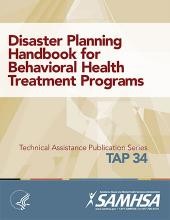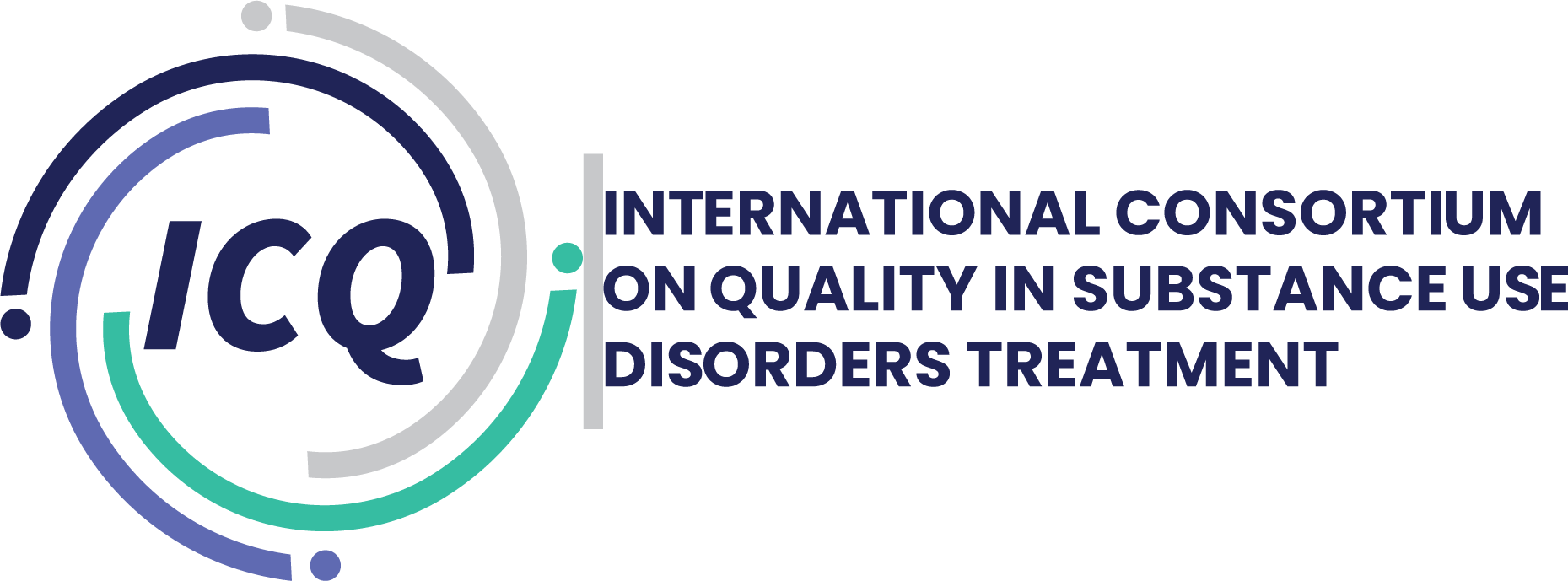Applying interventions designed to reduce and manage the symptoms of substance use disorders.
Treatment
The First Walk-Through Training on UTC 1 to 4 Held in Albania
Dear ISSUP members, My name is Andia Meksi and I would like to share with you some information regarding UTC training held in Tirana, Albania. The Colombo Plan- Drug Advisory Program and the University of California, San Diego in...

COVID-19 Guidance for Opioid Treatment Programs
The Substance Abuse and Mental Health Services Administration (SAMHSA) has developed new guidelines for professionals and organisations delivering substance use treatment in the US. The guidelines cover. Guidance on pharmacotherapy for...
TAP 34: Disaster Planning Handbook for Behavioral Health Treatment Programmes
This handbook offers guidance in creating a disaster preparedness and recovery plan for programs that provide treatment for mental illness and substance use disorders. It describes the planning process, preparing for a disaster, roles and...

UTC University Training in Ukraine
The Universal Treatment Curriculum (UTC) University training took place in Ukraine from the 10th to the 14th of March, 2020. The aim of the training was to ensure that the multidisciplinary teams tackling substance use and addiction...
Effectiveness Bank Alcohol Treatment Matrix: Generating System-Wide Alcohol Screening and Brief Intervention
GENERATING SYSTEM-WIDE ALCOHOL SCREENING AND BRIEF INTERVENTION Latest instalment of fortnightly course on the evidence for alcohol treatment and brief interventions. Context is that Britain’s National Institute for Health and Care...
First Alcohol Treatment Institutions in Today's Czech Republic and Slovak Republic
Abstract Objective: Drawing on qualitative analysis of selected historical documents, the paper seeks to provide a definition of the general characteristics of the first institutional alcohol treatment facilities in today's Czech Republic...
Outreach to People Who Survive Opioid Overdose
Often it takes a critical moment, such as when someone survives an overdose, to motivate behavioural change. It is particularly important that at these times people have access to the appropriate treatment. The objective of this study was...
Trajectories of psychological distress during recovery from polysubstance use disorder
Abstract Introduction: Polysubstance use is a prevalent substance use pattern with adverse effects on psychological distress and diminished treatment outcomes. Although polysubstance use often dominates clinical practice, the trajectories...

National Addiction Leadership Conference
NAATP National is one of the most important, engaging, and influential conferences in our industry.

